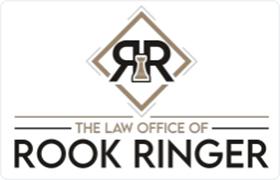Saint Johns Criminal Lawyer, Florida
Sponsored Law Firm
-
 x
x

Click For More Info:
-
The Law Offices of Rook Ringer
1 Main St. Saint Augustine, FL 32084» view mapCriminal Defense Get On The Path To Results Today
Let us help you figure out your best next steps are. The sooner you have a plan of action, the better your chances of taking the correct steps to get the results you want.
800-819-8041
Adam Jacob Kohl
Accident & Injury, Divorce & Family Law, Criminal, Consumer Rights
Status: In Good Standing Licensed: 34 Years
Forrest Todd Frederick
Property & Casualty, Commercial Insurance, Bad Faith Insurance, DUI-DWI
Status: In Good Standing
John Bacus De Jesus
Lawsuit & Dispute, Immigration, Employment, Criminal
Status: In Good Standing Licensed: 10 Years
Erin Rebecca Waskiewicz
Federal Appellate Practice, Criminal
Status: In Good Standing Licensed: 21 Years
Thomas Harold Greene
Civil Rights, Family Law, Personal Injury, Criminal
Status: In Good Standing Licensed: 33 Years
 Rook Ringer Saint Augustine, FL
Rook Ringer Saint Augustine, FL Practice AreasExpertise
Practice AreasExpertise
